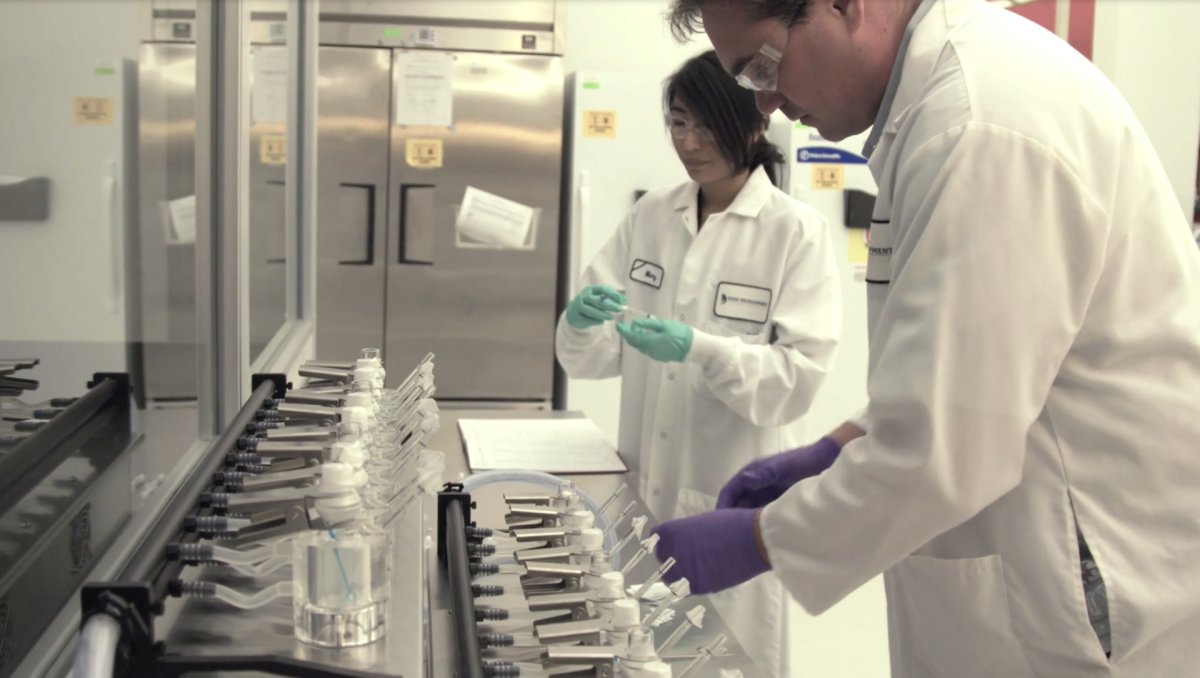In the rapidly evolving pharmaceutical industry, the development of semi-solid drug products such as creams, ointments, gels, and lotions plays a significant role. These versatile formulations allow the targeted delivery of active pharmaceutical ingredients (APIs) to specific areas of the body and provide convenient and patient-friendly treatment options. This article delves into the intricacies of semi-solid drug products, highlighting their importance in modern medicine and exploring the methods involved in their formulation and development.
What are Semi-Solid Drug Products?
Semi-solid drug products refer to pharmaceutical formulations with a consistency between that of liquids and solids. They include creams, ointments, gels, and pastes that are primarily used for topical application. These products are vital in treating various skin conditions, pain management, wound healing, and other therapeutic areas.
Importance of Semi-Solid Drug Products
- Versatility and Accessibility: The ability to formulate a wide range of APIs into semi-solid forms opens up new avenues in treatment. It makes the drugs more accessible and adaptable to different patient needs.
- Targeted Delivery: Semi-solid products allow for localized treatment, targeting the specific area where the medication is needed. This minimizes systemic absorption and potential side effects.
- Improved Patient Compliance: The appealing texture and appearance of semi-solid formulations enhance patient compliance, as they are generally more pleasant to use.
- Specialized Treatment Options: Semi-solid drug products are integral in dermatology, ophthalmology, and various other specialized medical fields, offering unique solutions for specific ailments.
Development of Semi-Solid Drug Products
Formulation Design
The development of semi-solid drugs involves a thorough understanding of the desired therapeutic indication. Factors to consider include chemical stability, appropriate tissue penetration, regulatory compliance, and physical stability over the product’s shelf life. Prototyping involves studies such as solubility analysis, compatibility assessments, and excipient selection.
Manufacturing and Filling
Clinical manufacturing involves GMP (Good Manufacturing Practices) adherence and can range from small to large batch sizes. The products can be filled into various containers like tubes, vials, or bottles. Compatibility with the API must be ensured, and quality standards rigorously maintained.
Analytical Testing
Quality control and assurance are vital in the pharmaceutical industry. Methods such as High-Performance Liquid Chromatography (HPLC), Gas Chromatography (GC), and in vitro release testing (IVRT) are employed to ascertain the product’s quality. Stability testing under various conditions ensures the product retains its intended efficacy and quality throughout its shelf life.
Clinical Trials and Regulatory Approval
Before reaching the market, semi-solid drug products undergo clinical trials to ensure safety and efficacy. Compliance with FDA regulations, including cGMP, is essential for successful market entry.
Challenges and Innovation
Developing semi-solid drug products presents unique challenges such as resolution of API from multiple excipients, efficient extraction techniques, and sensitivity to low-strength products. Innovation and expertise in overcoming these challenges set industry leaders apart, leading to more effective and efficient treatments.
Semi-solid drug products represent a vital and growing segment of the pharmaceutical industry. With inherent flexibility and adaptability, they offer solutions tailored to individual patient needs. The continued focus on research, development, and innovation ensures that these products will remain essential tools in modern medicine, contributing to patient well-being and advancing healthcare worldwide.
Whether you are a healthcare provider, patient, or pharmaceutical company, understanding the development and application of semi-solid drug products offers insight into a critical aspect of today’s healthcare landscape.
Interested in learning more about topical drug development and other pharmaceutical services? Explore our range of services and contact us at khanley@dowdevelopmentlabs.com.

